October 1, 2024
NDIS Tips
What’s New in the NDIS Support Lists?

The National Disability Insurance Scheme (NDIS) has recently undergone a significant update. The Hon. Bill Shorten MP has announced the final lists detailing what participants can and cannot use their NDIS funding for. This update, which takes effect on October 3, 2024, is designed to bring much-needed clarity and simplicity to the scheme for participants, families, and providers alike.
For those who rely on the NDIS, this means a clearer understanding of what supports are covered, and in some cases, it may provide new opportunities to access essential household items or assistive technology. But what do these changes really mean for participants?
Why These Changes Matter for NDIS Participants
It’s no secret that navigating the NDIS can be complex. Until now, there hasn’t been a comprehensive list in place to show participants exactly what they can spend their funding on. For many, this has led to confusion and frustration when trying to use their budgets effectively.
These newly released lists will ease that burden by outlining what supports are covered and what aren’t. More importantly, participants now have access to a “substitution list” that allows for alternative support options when appropriate.
By introducing these lists, the government is aiming to bring the NDIS closer to its original purpose: to provide essential support that enables Australians with disabilities to live their lives to the fullest.
What’s Included in the New Lists

Items That Are NDIS Supports
- Support categories now reflect language, pricing, and claims included in NDIS plans.
- Consolidated lists for NDIS supports and non-NDIS supports have been created.
- A replacement process allows participants to access better household items and assistive technology.
- Menstrual products for disability-related needs are included in ‘assistive products for personal care and safety’.
- Participants can choose cost-effective supports where applicable.
- Building modifications due to disability-related behaviors or assistive technology use are covered.
- Driver training with specialized instructors for adapted equipment or vehicle modifications is now included.
- Hair and nail care is available for specific hygiene or functional needs.
- First Nations participants are supported in accessing cultural activities.
Items That Are Not NDIS Supports
- General household items that don’t directly address disability needs.
- Luxury or non-essential personal care items.

It’s important to note that these lists are based on existing guidelines, so most participants won’t see any major changes to their current supports. However, having a central, legally recognized list offers transparency and peace of mind to everyone involved.
The Transition Period
One key aspect of the changes is the one-year transition period. During this time, participants won’t be penalized for mistakes they may make while adjusting to the new guidelines. The National Disability Insurance Agency (NDIA) will work closely with participants, providing guidance and education.
This “learning phase” will allow participants to get comfortable with the new lists without fear of losing support. For anyone feeling unsure about these changes, this transition period should offer some relief, knowing that the NDIA is here to help.
How to Make the Most of Your NDIS Funding
With these new lists in place, managing your NDIS funding becomes much simpler, but it’s essential to approach your budget with a strategy. Here are some tips to help you make the most of your funding:
Stay informed
Keep up with any updates or changes to the lists so you can adjust your spending accordingly.
Work with your provider
Ask your NDIS provider to help you understand what’s covered and how to access alternative supports if necessary.
Use the substitution list
This new feature allows for more flexibility, enabling you to request replacements for standard household items that may offer better outcomes.
Conclusion
The release of the new NDIS support lists is a welcome step toward simplifying the scheme and giving participants the clarity they deserve. While change can be daunting, this update is designed to provide confidence and make navigating your NDIS funding easier than ever before.
With a focus on education, flexibility, and transparency, the government is taking significant steps to ensure that the NDIS continues to support Australians with disabilities in the way it was originally intended. Stay informed, take advantage of the transition period, and most importantly, remember that support is available every step of the way.
How Can Abled Care Services Help?
Abled Care Services is a registered NDIS provider offering high-quality, tailored support to meet your unique needs. We specialize in services for complex and high-support needs, as well as individuals with multiple disabilities. Our services include support coordination, assistance with daily life, creative therapies, and more. We proudly serve communities across New South Wales and beyond.
If you’re looking for a provider that delivers compassionate, personalized care, contact Abled Care Services today.




